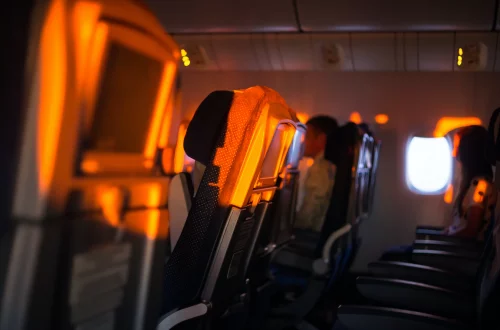 I have been enjoying William Manchester’s magisterial three-volume biography of Winston Churchill. Right now, I’m in the first volume when Churchill served as the First Lord of the Admiralty during World War 1.
I have been enjoying William Manchester’s magisterial three-volume biography of Winston Churchill. Right now, I’m in the first volume when Churchill served as the First Lord of the Admiralty during World War 1.
Reading about that war got me to wondering whether there were any American veterans of that conflict still alive today. It turns out that our last one passed away three years ago, and his name was Frank W. Buckles. Not many people born during the administration of President McKinley lived to have a Facebook page, but Mr. Buckles did. He was 110 years old when he died in 2011.
At his death, The Washington Post reported,
With his death, researchers said, only two of the approximately 65 million people mobilized by the world’s militaries during the Great War are known to be alive: an Australian man and a British woman, 109 and 110 respectively. [Both of whom are now also deceased.]
Mr. Buckles said he was just a naive schoolboy chasing adventure when he enlisted Aug. 14, 1917, after the United States joined a war that had been raging for three years, with millions dead. “I knew what was happening in Europe, even though I was quite young,” he told a Washington Post reporter when he was 105. “And I thought, well, ‘I want to get over there and see what it’s about.”
After the armistice, he traveled the globe as a purser on commercial ships and was caught in Manila when Japan invaded the Philippines in 1941. He endured 38 months of cruel deprivation as a civilian prisoner during World War II before being freed in a daring military raid.
In 1953, he and his wife bought a cattle farm with a Colonial-era stone house near Charles Town, W.Va., and there Mr. Buckles quietly spent the rest of his life, his doughboy tunic hanging in a closet. As his generation passed away, he held fast as a centenarian, doing daily calisthenics and immersing himself in books and newspapers.
Then, on Feb. 4, 2008, a Florida man who had been in Army basic training when hostilities ended in November 1918 died at 108. As best as the VA could determine, that left only Mr. Buckles, who warmly indulged people’s growing fascination with him.
It is amazing to me how quietly the World War I generation has faded away. This may be just my impression. Nevertheless, it does seem that we have heard much about the thinning ranks of the WWII veterans, but not as much over the last three decades about those in WWI. The Veterans Administration was not formed until 1930. Perhaps that has something to do with it. Still, it is surprising.




2 Comments
William Smith
I had the privilege of taking care of ww1 vets when I worked in a nursing home about a million years ago. I can still hear a few of those guys completely broken down crying when their pastors would come and visit still looking for absolution over kill or be killed battles they fought in some 70 years prior. Awful, awful stuff.
dr. james willingham
I have known several veterans from World War I, one in our family, my grandfather’s brother with whom I worked in the cotton fields of Arkansas. William Fielow Bankston, 2nd Lt., received a battle field promotion from Sargeant, when his officers were killed off and he took command of the company. I had the pleasure of seeing his commission paper signed by President Woodrow Wilson. Being a history bug from my earliest years, my eyes zeroed in on that signature. Uncle Bill, as we called him, took part in four wars, Spanish American, Philippine, World War I and World War II. He knew General MacArthur from the Philippines, when the latter was a shave tail lieutenant fresh out of West Point. He was also with General Perishing’s force in chasing Pancho Villa, where he met a young officer who would become the World War II General whom we know as Patton. He was also with the expeditionary force that went into Siberia after World War I during the Communist takeover. The only war he did not talk about was World War II. Finally, one day it hit me as to why: He was in intelligence. I asked my cousin, his oldest son, and he laughed and said, “Your right. He was in intelligence; it is in his records.” Strange thing about those records is that supposedly he was out of the army after being wounded during Guadacanal, but he was in Hiroshima a month and a half after they dropped the bomb. He was also a strong and a firm believer in the conspiracy idea, and he seem to have a lot of knowledge about it, knowledge that I would later check out by doing research. Nothing is like it appears.